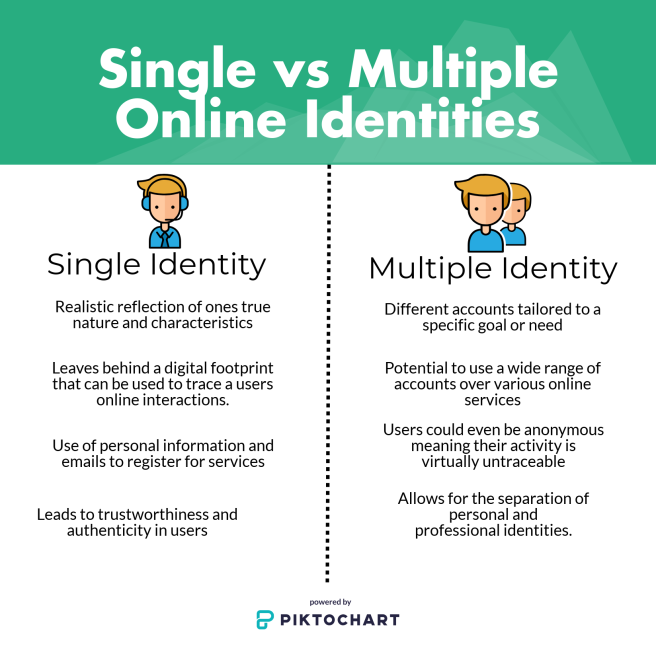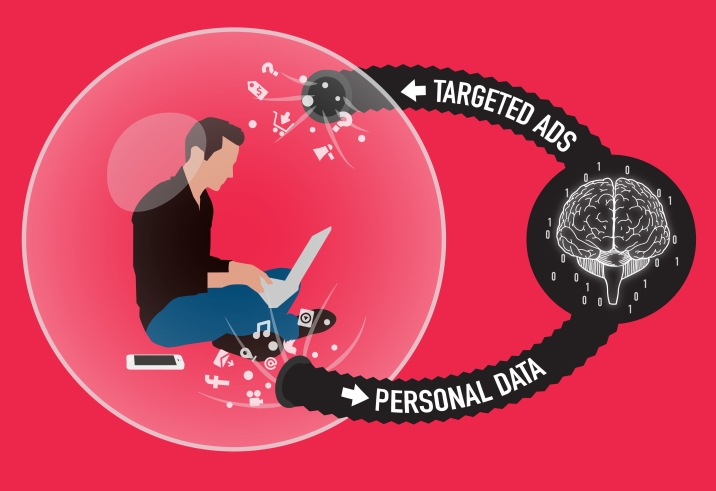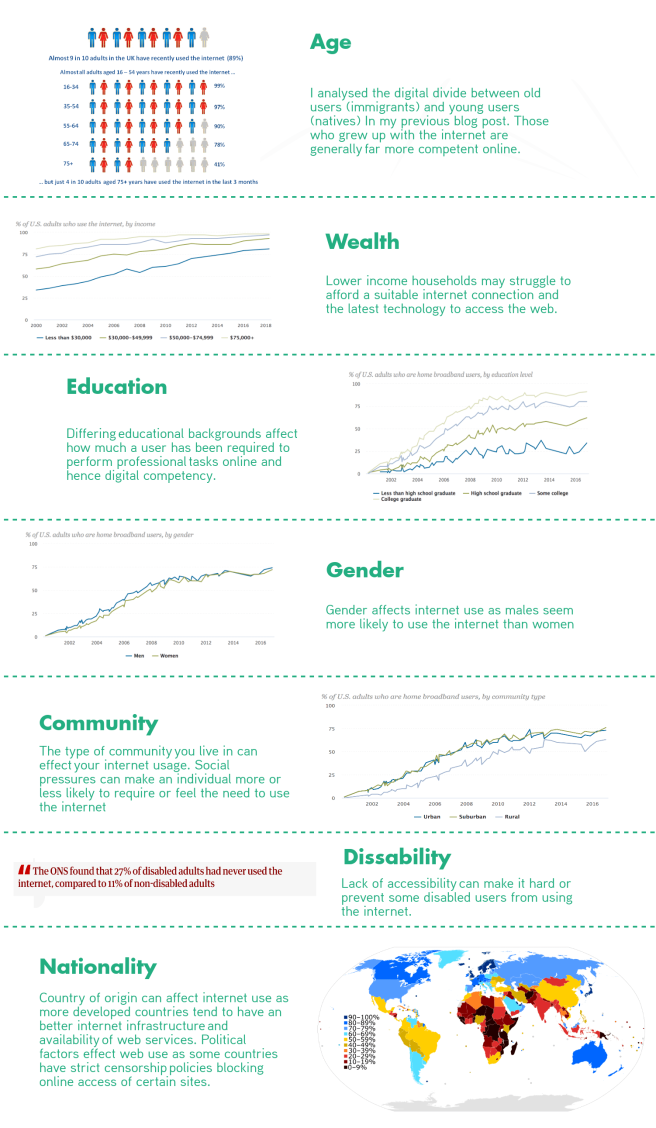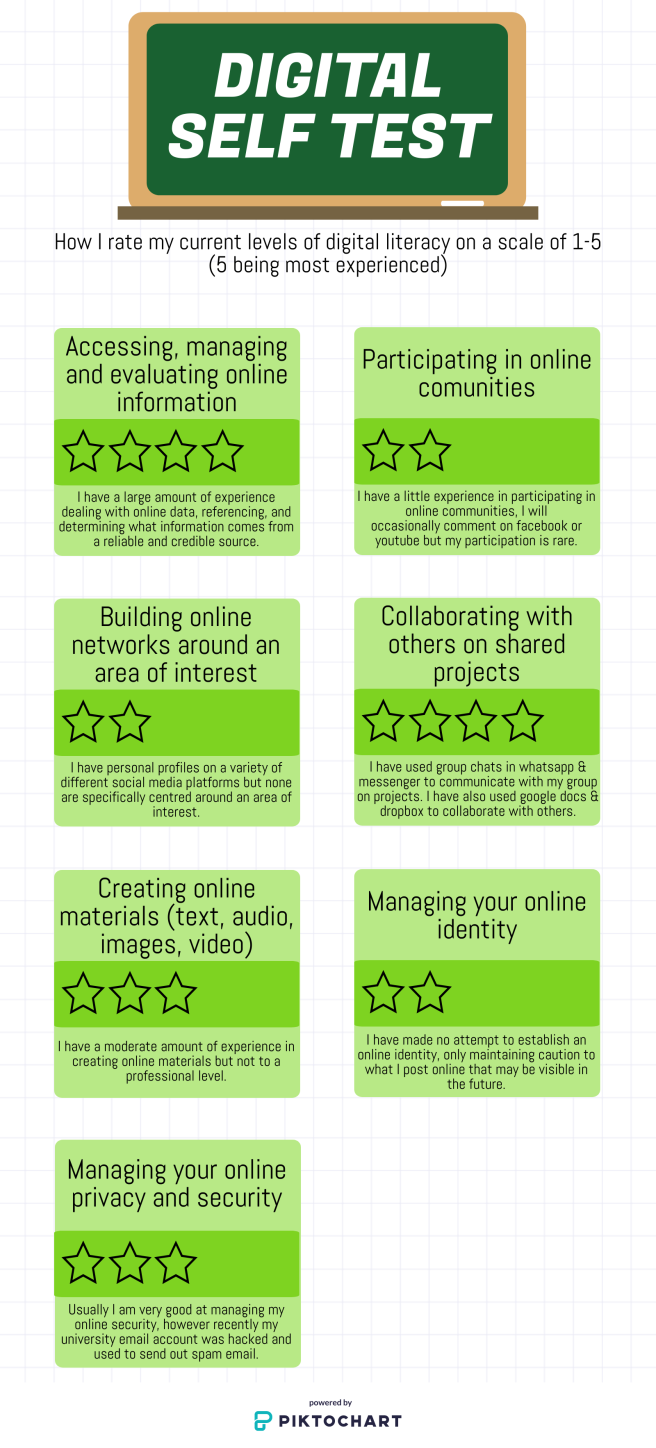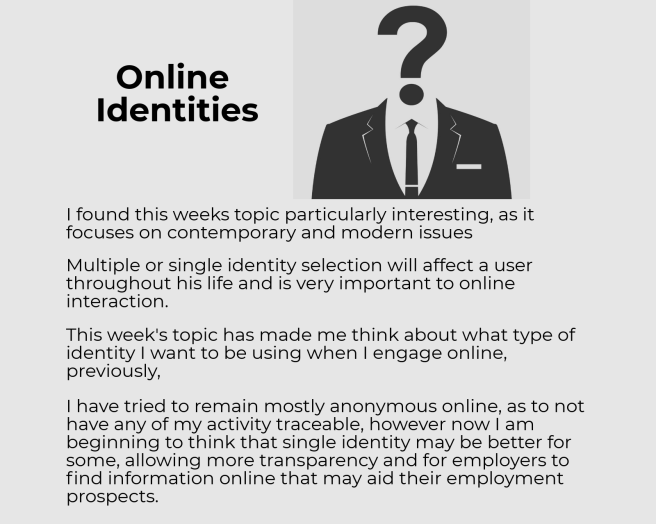
Online Identities – Reflection
Stephanie and I discussed how multiple and anonymous identities can lead to users gaining a sense of ‘invincibility’ online. On sites such as reddit users go by an anonymous username and hence any of their actions cannot be traced to their real identity. Stephanie noted that reddit has a lot more abusive behaviour than other social media platforms, and this is due to the bravery the users gain from anonymity.
Continue reading →

